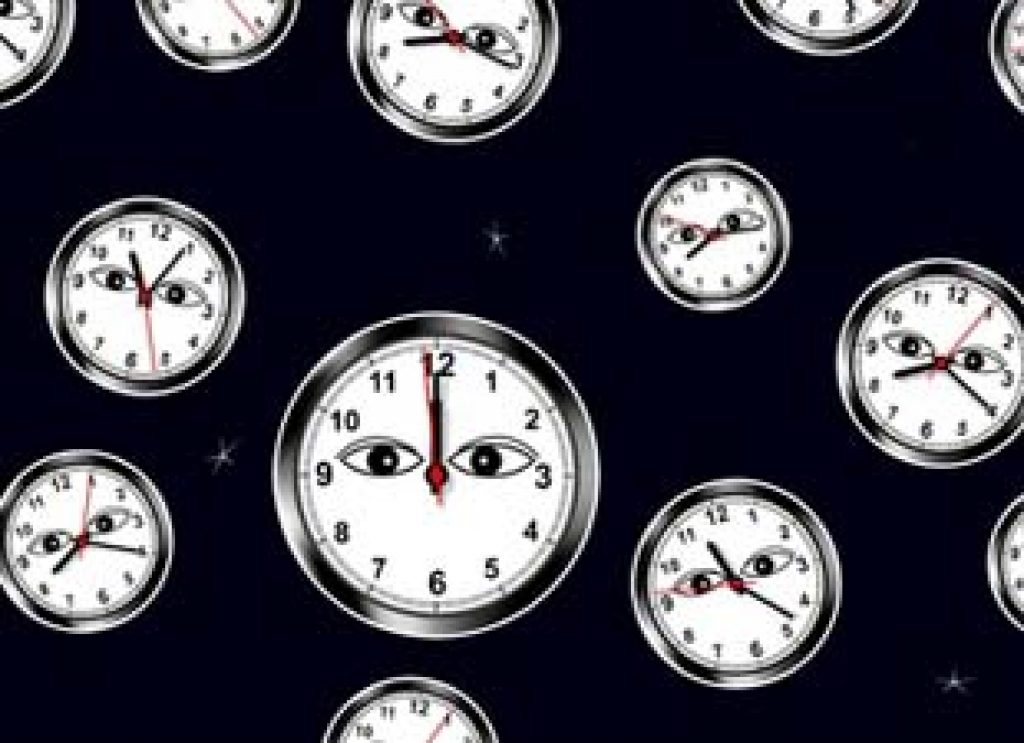
AsianScientist (Aug. 5, 2011) – Nearly 3,000 blind and partially-sighted New Zealanders could be suffering from undiagnosed sleep timing disorders, according to a recent study from The University of Auckland and collaborators.
The study, which was undertaken in conjunction with the Royal New Zealand Foundation of the Blind (RNZFB), was recently published in the journal PLos One.
It looked at self-reported sleep habits, sleep disruptions, and medication use in people completely blind in one or both eyes, partially-sighted, and fully-sighted. The study found a greater rate of self-reported sleeping disorders, and specifically sleep-timing disorders, among blind and partially-sighted New Zealanders.
26 percent of people with no light perception in one or both eyes reported drifting sleep patterns (an indicator of an unadjusted biological clock) compared with four percent of fully-sighted respondents.
Principal investigator and chronobiologist Dr. Guy Warman said, “It is well known that blind people lacking light perception can have problems keeping their sleep adjusted to a 24-hour day. But until now we haven’t known how big that problem is.”
Describing it as “jetlag without leaving home”, Dr. Warman said that in sighted people sleep-timing problems can be treated relatively easily with morning light exposure; but for blind people, melatonin taken at the correct dose and at the right time can also be effective.
In response to questions on sleep treatment, approximately half of all respondents in the study reported having taken sleep medication. However, the maximum rate of melatonin use in blind and partially-sighted respondents was only four percent.
“This suggests a therapeutic gap in the treatment of circadian-related sleep disorders in New Zealand which might also be applicable to other countries around the globe,” he said.
He added that RNZFB provides resources for many New Zealanders with limited vision to avoid isolation, hold down jobs, and participate fully in their community. However, there should also be increased efforts to address sleep timing problems, which would greatly improve the quality of life in this group.
Dr. Warman urged those who are blind or partially-sighted, who think that they might be experiencing drifting sleep, to discuss this with their doctor and to ask whether melatonin may be a useful treatment option.
The article can be found at: Warman GR et al. (2011) Circadian-Related Sleep Disorders and Sleep Medication Use in the New Zealand Blind Population: An Observational Prevalence Survey.
——
Source: University of Auckland.
Disclaimer: This article does not necessarily reflect the views of AsianScientist or its staff.












